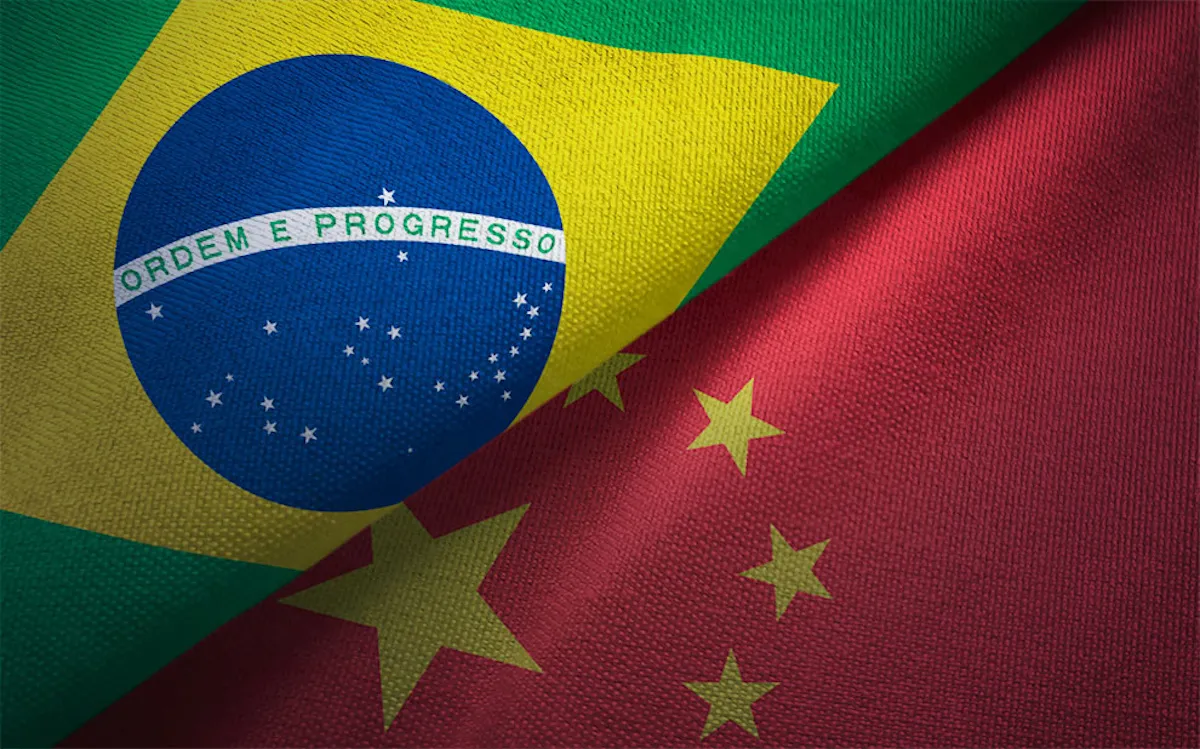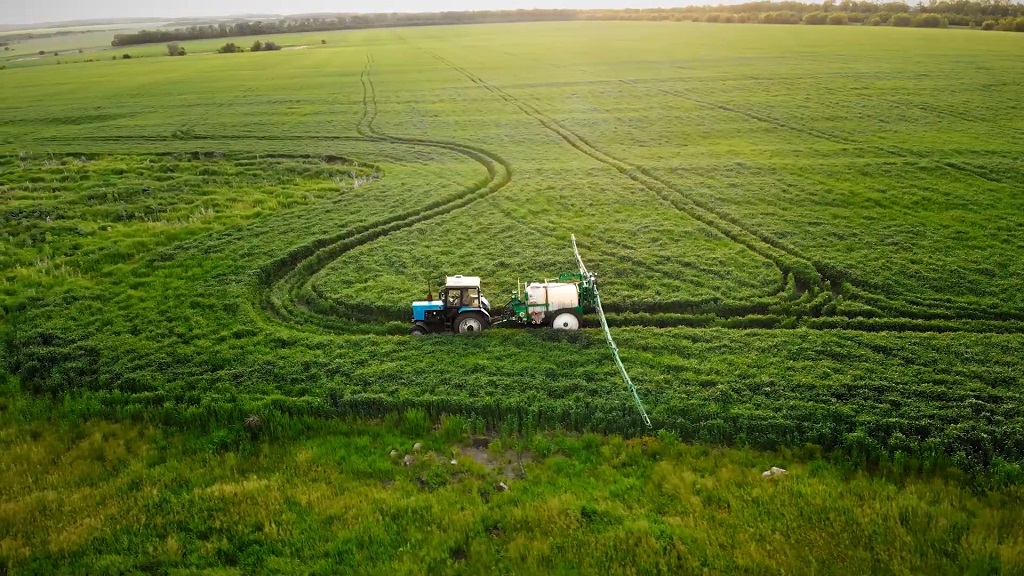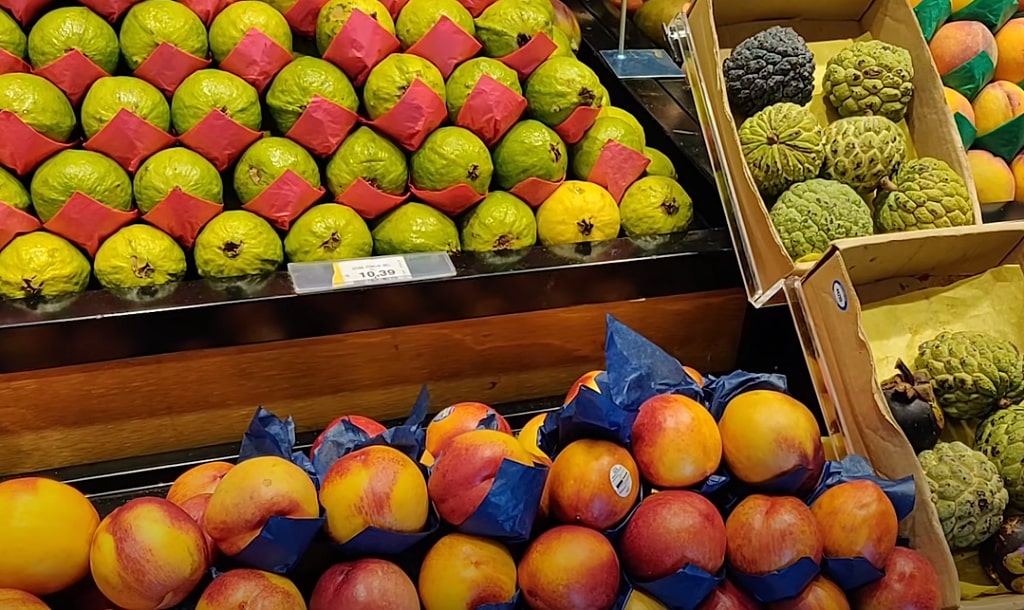
On November 18, 2024, Brazil and China finalized a series of agreements to expand agricultural trade. The development comes as bilateral trade between the two nations has grown significantly, with China’s trade with Brazil increasing by 9.9 percent in the first 10 months of 2024 compared to the same period last year.
While the Initiative to combat global hunger and poverty was one of the crucial points of the G 20 Summit in Brazil, the agreement with China was also a great result for the country, making the summit successful.
Details of the Agreements

Brazil has gained approval to export bovine and swine offal to China for the first time, a move supported by the establishment of sanitary protocols. China, which has been Brazil’s largest trading partner for 15 consecutive years, is already a key market for Brazilian beef. The inclusion of offal is expected to generate additional export revenue.
🌎 Power shift in play! During his state visit, Chinese President Xi Jinping seals critical deals in Brasilia with Brazilian President Lula, enhancing trade & cooperation in areas like agribusiness, energy, & aerospace. 🇨🇳🇧🇷 #GlobalDiplomacy #TradeTalks pic.twitter.com/t3TtPtaGUk
— DeskTrading | Market Pulse (@desktrading) November 20, 2024
Increased Fruit Trade
The agreements also prioritize the export of Brazilian fruits to China, with a focus on value-added products. Minister Carlos Fávaro highlighted the growing demand for Brazilian fruits in the Chinese market, which aligns with Brazil’s strategy to diversify its agricultural offerings.
Boost in Meatpacking Capacity
A record number of Brazilian meatpacking plants have been approved for export to China during this year. Such expansion will help meet China’s growing demand for high-quality meat products, bolstering Brazil’s position as a top supplier.
Trade Performance Between Brazil and China
| Category | Value | Details |
|---|---|---|
| Total Trade Value | 1.14 Trillion Yuan (158.33 Billion USD) | First 10 months of 2024 |
| Brazil Exports to China | 708.15 Billion Yuan (98.33 Billion USD) | Includes soybeans, iron ore, crude oil, pulp |
| Brazil Imports from China | 432.08 Billion Yuan (60 Billion USD) | Includes intermediate goods, machinery |
| Agricultural Exports to China (2023) | 124.4 Million USD | Vegetable, fruit, and nut food preparations |
| Fruit Juices, Vegetable Juices | 95.14 Million USD (2022) | The largest category of agricultural exports |
| Preserved Fruits and Nuts | 152.96 Thousand USD (2022) | Other processed agricultural products |
| Jams and Marmalades | 56.60 Thousand USD (2022) | Smaller export category |
Source: Trading Economics

Brazil Economic Data
| Category | Value | Details |
|---|---|---|
| Balance of Trade | 4,340.00 USD Million | Positive trade balance |
| Current Account | -6,526.00 USD Million | Deficit in financial transactions |
| Current Account to GDP | -1.42% | Highest: 1.70%, Lowest: -8.20% |
| Exports | 29,461.50 USD Million | Total exports of goods and services |
| Imports | 25,118.71 USD Million | Total imports of goods and services |
| External Debt | 741,134.78 USD Million | Record high as of November 2024 |
| Terms of Trade | 131.00 Points | Last update: November 2024 |
| Foreign Direct Investment | 5,230.00 USD Million | Previous: 6,100.00 USD Million |
| Tourist Arrivals | 3,630.00 Thousand (3.63 Million) | Record high: 6,621.00 Thousand (6.62 Million) |
| Gold Reserves | 129.65 Tonnes | Unchanged from previous month |
| Crude Oil Production | 3,230.00 BBL/D/1K | Barrels per day production |
| Weapons Sales | 54.00 SIPRI TIV Million | Increase from 8.00 SIPRI TIV Million |
Strategic Partnership
The agreements mark 50 years of Brazil and China relations, established in 1974. Over this period, their partnership has developed into a strong economic alliance. China is Brazil’s largest trading partner and primary export destination, with key exports including soybeans, iron ore, crude oil, and pulp.
Both countries play significant roles in BRICS, working together on global governance reforms and supporting financial collaboration through the New Development Bank. The partnership extends into areas like renewable energy, infrastructure, and agricultural trade, emphasizing shared goals for economic progress.
Market Impact
China continues to be Brazil’s leading market for key exports, with soybeans and iron ore comprising over 70% of Brazil’s total exports in these categories. In the first ten months of 2024, Brazil’s exports to China reached 708.15 billion yuan (approximately 98.33 billion USD), highlighting the strength of this trade relationship.
Brazil’s agricultural sector has seen significant growth in exports to China. In 2023, Brazil exported vegetable, fruit, and nut food preparations worth 124.4 million USD to China. This includes 95.14 million USD in fruit and vegetable juices, 152.96 thousand USD in preserved fruits and nuts, and 56.60 thousand USD in jams and marmalades.
Conversely, Chinese industrial products are gaining a stronger presence in the Brazilian market. In the first ten months of 2024, China exported intermediate goods worth 216.86 billion yuan to Brazil, marking an 11.8% year-on-year increase and accounting for half of China’s total exports to Brazil. This influx includes machinery, electronics, and other industrial goods, reflecting China’s expanding role in Brazil’s industrial sector.
With the deepening economic and trade cooperation, more quality products from #Brazil are entering the Chinese market. In the first 10 months, #China‘s share in Brazil’s exports of soybeans and iron ore exceeded 70%, while in pulp and crude oil, the share surpassed 40%. pic.twitter.com/YtA1RZhYsn
— China Economy (@CE_ChinaEconomy) November 19, 2024
Future Prospects
Strengthened collaboration in agriculture and other key sectors will drive deeper economic ties. Beyond boosting their respective economies, these initiatives address global food security concerns by guaranteeing a consistent supply of top-quality agricultural products to international markets.
Read Next – Apple Ordered to Open In-App Payments in Brazil
















